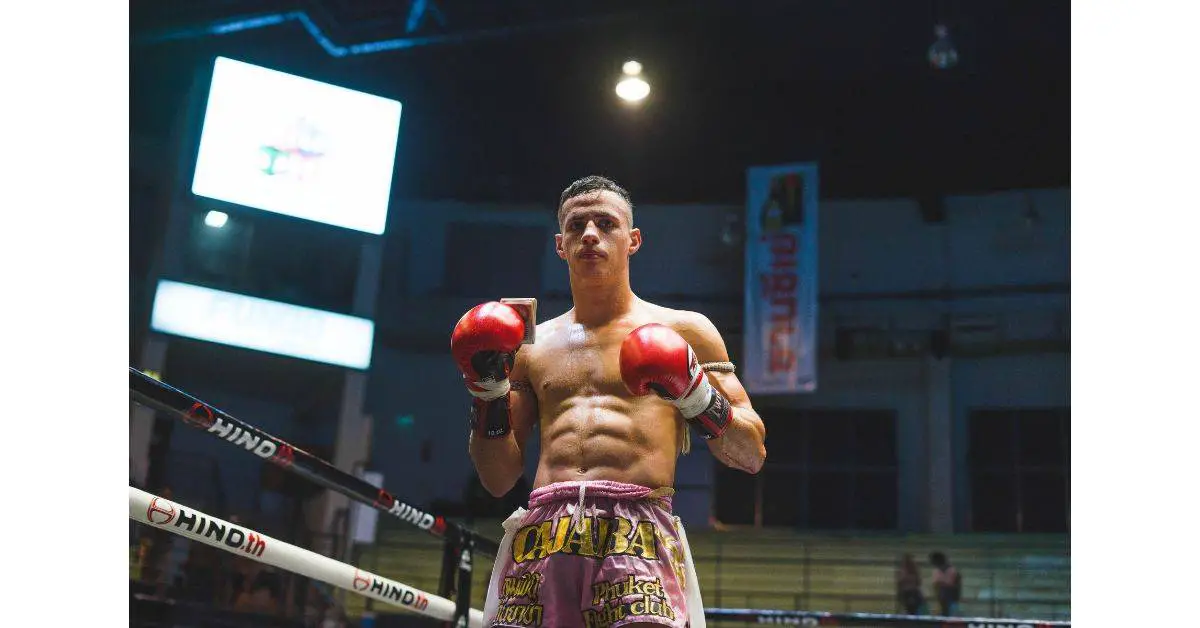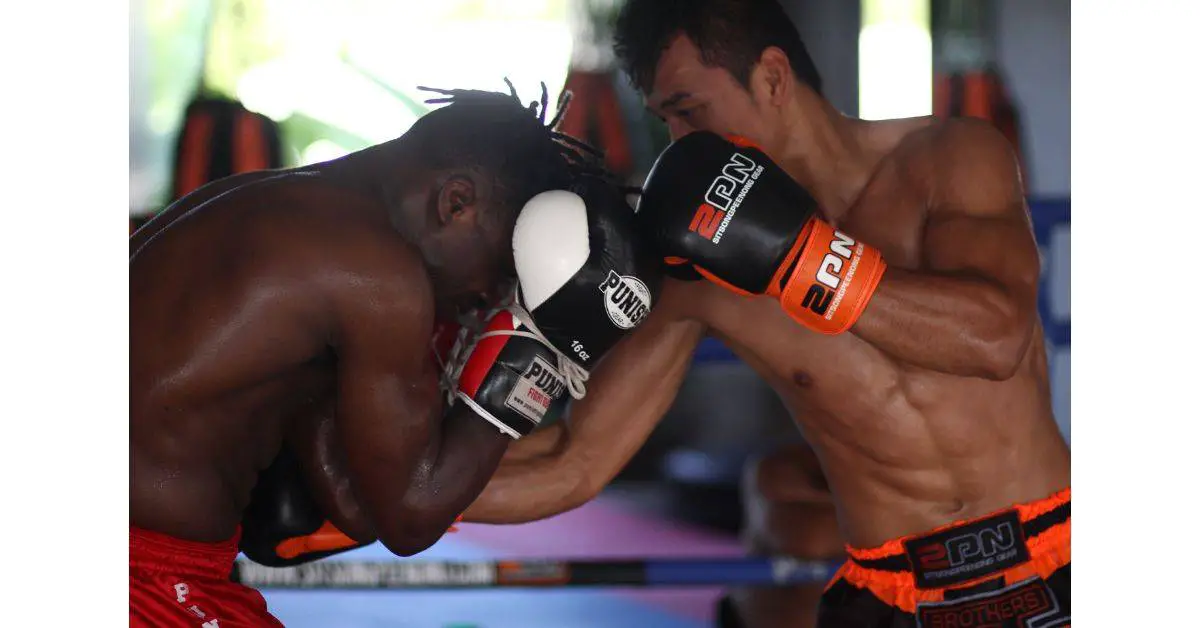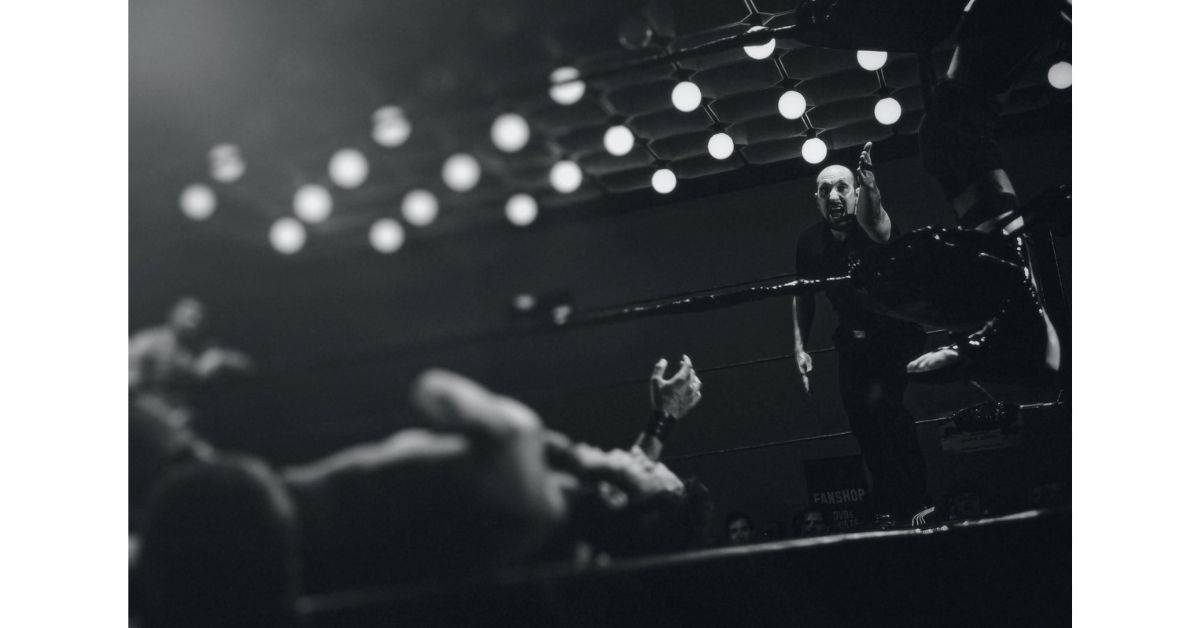Boxing is one of the most exhausting sports worldwide. For that reason, boxers must rest after a professional or even amateur fight, as to ensure their bodies are recovered before moving on to the next opponent. This rest period, however, is rather short, and so, most boxers take more than that.
According to the ABC regulatory guidelines, boxers have to rest for seven days after a fight. Day 1 of the rest period will be the day after the fight. Most professional boxers, however, take more than a seven-day rest period. Often, weeks or even months will pass until their next fight.
Professional boxers fight rarely. That’s because of a few reasons. Nonetheless, the primary one is that every professional boxers wants to show up to the ring in his best ever shape. After a big fight, an extended rest and recovery period will commence.
The second reason is that they don’t want to throw themselves into every opportunity given to them. That’s what amateur boxers should aspire to do, to get their names out there. However, pro boxers are frequently known in the industry. And so, they want to land a major fight or keep their belts to themselves.
That’s why you’ll see lengthy rest and recovery periods in between a boxer’s fight. Typically, a few months will pass before the fighter will step into the ring again.
Before we dive in, if you want to become a professional or an amateur boxer, follow the link to learn how you can become a certified boxer.
How long does a boxer have to wait before fighting again?
Amateur boxers will fight as much as possible, to ensure they get their names out there. Their primary goal is to win as much as possible, even if it means fighting every two weeks. Pro boxers, nonetheless, are different. Let’s see how long they have to wait before fighting again.
A boxer has to wait for at least a seven-day period after the boxing match. However, most professional boxers take numerous weeks until they step into the ring again. That’s because they want to land good fights, which will get them more traction. Moreover, they usually want to keep their records with as many wins as possible.

Professional boxers’ job—is to win as much as possible. They won’t risk their records to fight every two weeks, as other fights prepare more for a fight. Because of that, you don’t see the same fighter stepping into the ring after the obligatory seven-day rest period.
How often do pro boxers fight?
It may seem, for outsiders, that pro boxers fight rarely. To people who understand a tad bit about how this industry works, it seems like the only natural move. So, how frequently do they step into the boxing ring?
Professional boxers fight anywhere between 2 to 7 times per year. They don’t fight more regularly than that to keep their records with as many wins as possible while maintaining enough fights to grow their audiences. Likewise, they want to show up in their best form and shape to all their matches. That takes time.
Although people won’t understand, why won’t they fight more frequently, as that’ll bring them for cash. However, in the short-term, such an action—may jeopardize their long-term progression and option to achieve a lifetime boxing status.
How long do boxers take off after a boxing fight?
It’s not uncommon for boxers to take a long time-off after a boxing fight. Indeed, it can be one of the most painful and tiresome time of their entire careers. If they were to tackle that, they would have to rest; but, for how long?
Boxers take anywhere from seven-days, the mandatory rest period after a fight, to 8 months between professional fights. Typically, they take numerous months to ensure their full recovery while coming to the ring better the next time. They must show up, so they pick up their intense training routine after having recovered.

That’s what all boxers tend to do after a fight. Amateurs, however, must take a different approach. If they want to get their names out there, they must fight regularly. It’s not uncommon to see amateur boxers participate in 24 fights per year, which is one every 14-days.
While they won’t be able to fully recover and continue their training where they left off before their previous fight, they’ll be able to get their names out there to the boxing community.
What is it like for a boxer the day after the fight?
A day after the fight, the boxer’s face will be swollen and full of cuts and bruises. It’s likely that he bled from numerous sources on his face while the fight was still going on. As a result, physical pain will be at all-times high. As such, getting medical interventions to ensure proper recovery—is vital for the rest period.
Oftentimes, there’ll be so many bruises on the boxer’s face that he’d have to get medical interventions. However, after the fight itself, the boxer’s teams will ensure they recover properly by getting the best doctors treating their entire swollen faces. If they’re lucky, it’ll stop hurting after a month.
Do boxers train every day before a fight?
Training the same muscles every day—may lead to overtraining. The boxers’ coaches know that. As a result, they ensure the fighters don’t train the same muscles every day, unless they have to. The boxer will run anywhere from 3-6 times per week – while boxing at least for 5 days per week.
Boxers train every day before a fight to ensure they get their best shapes to the shiny day. However, the day prior to the fight will likely be a rest day, filled with mental exercises, such as visualizations. Before that, however, the training schedule will be filled with busy days with at least a single workout every day.
The training schedule of boxers—is, indeed, a busy one. If you’re interested in becoming one, you must be prepared to always push your mental and physical boundaries. If you want to learn how much do pro boxers run, follow the link to an article of mine on the topic.
How many days off do boxers take?
Days off are crucial. However, if your job is to optimize your boxing progression, you must always be training. If you don’t, you’ll end up behind your opponents, who train every day while ensuring their muscles aren’t overtrained.
Boxers take days off at least once per 2-3 weeks. Most professional boxers will train every day, up to twice per day. And so, their bodies will be exhausted constantly; The rest days will likely be filled with mental exercises, such as mediation and visualization, to ensure their bodies will recover as much as possible.
If you’re not a professional boxer and don’t have an entire team behind you, do ensure to rest for at least once per week, as you want to avoid overtraining symptoms as much as possible. If you notice you feel some symptoms, stop all training and seek professional help.
Lifestyle-related signs of overtraining
- Prolonged general fatigue.
- Increase in tension, depression, anger or confusion.
- Inability to relax.
- Poor-quality sleep.
- Lack of energy, decreased motivation, moodiness.
- Not feeling joy from things that were once enjoyable.
Final words
If you want to be like the pros, you must train like the elite in the elite. Most importantly, if you want to become the best in the world, you must do everything that nobody else is willing to do.
Although that’s not a motivation post, I would still like to fill you up with motivation for the future. Regardless of what you want to do, don’t be like the amateurs who aren’t sure of their future.
Rather, select a goal and go after it, with full force. Don’t stop training, especially when you don’t feel like it. Most people won’t invest what it takes to reach the top. You can, however, be a part of the elite if you train like the pros.
If you enjoyed reading this article, you’ll also enjoy reading about the best boxers in the world. Knowing them—will open you a door to see how the very best act and train to reach their position.

